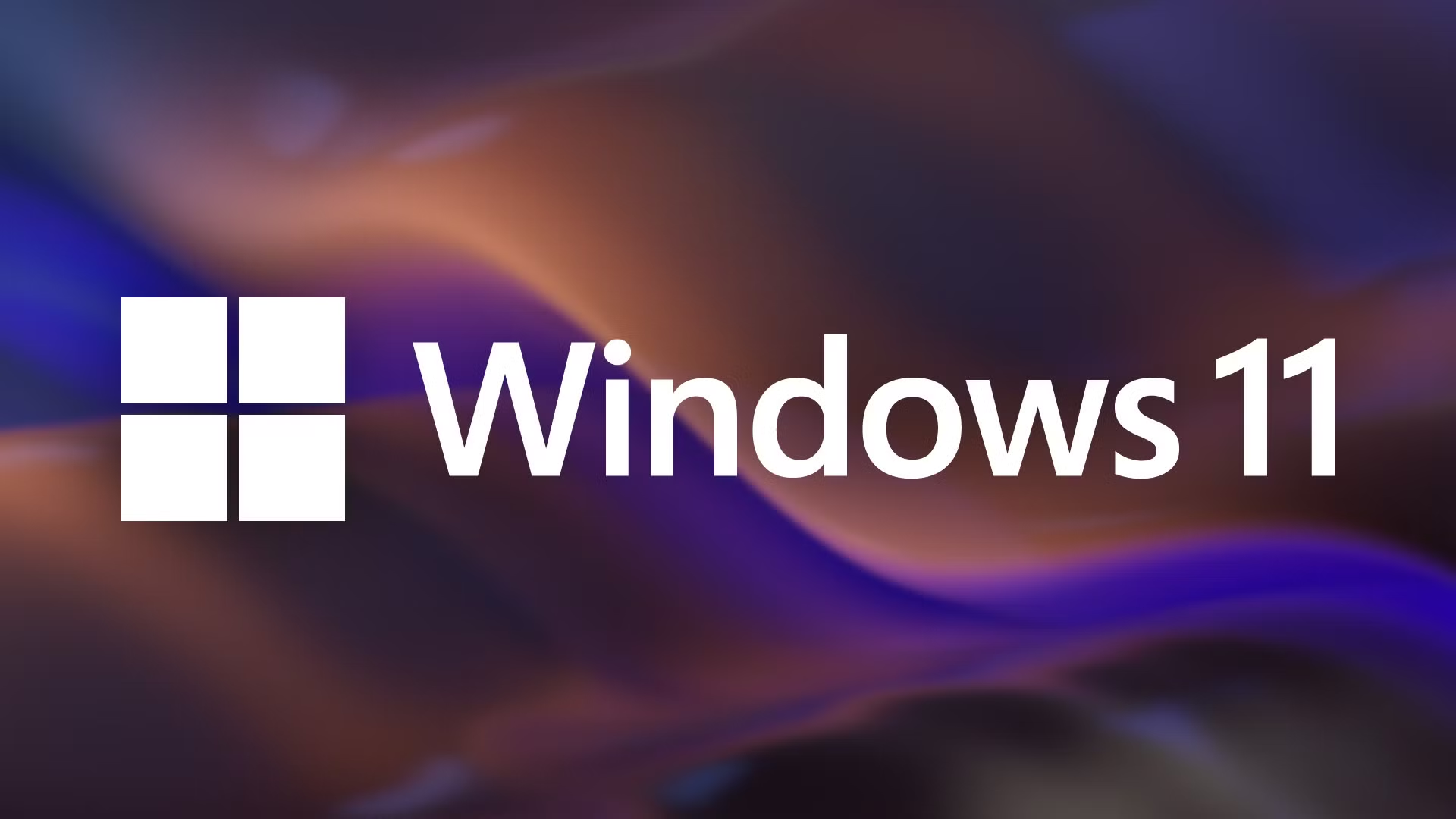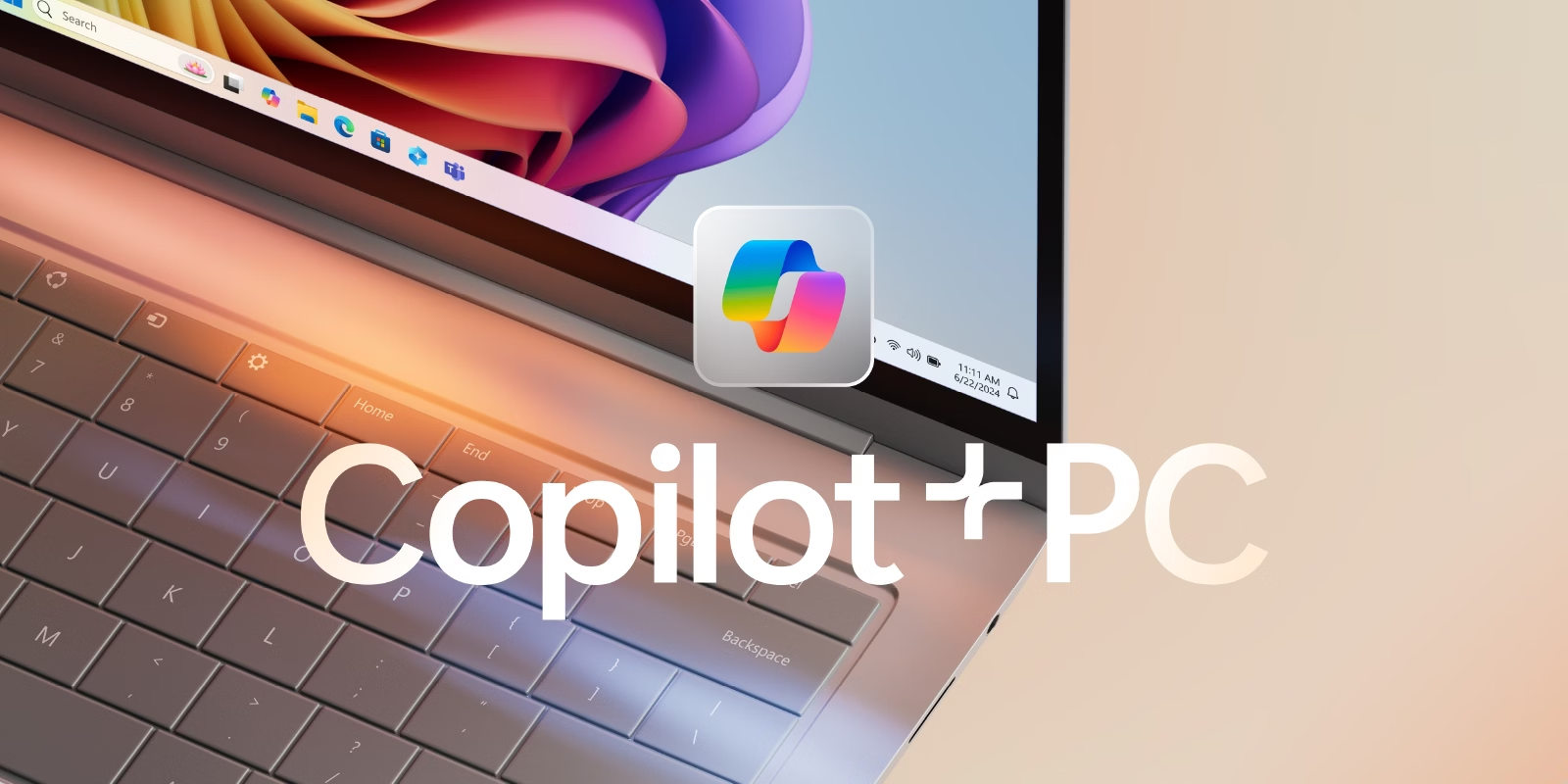In the latest Windows 11 Insider Preview Build 26200.5516, Microsoft has quietly removed the “bypassnro.cmd” script. A workaround that allowed users to install Windows 11 without a Microsoft Account (MSA).
This move effectively forces users to connect to the internet and sign in with an MSA during setup, marking another step in Microsoft’s efforts to push its ecosystem further into the cloud.
For years, users have found ways to bypass Microsoft’s requirement for online accounts, favoring local accounts instead. The “bypassnro.cmd” script was a simple, well-documented method that allowed Windows 11 installations to proceed without an internet connection.
However, with its removal, users now face a roadblock that prevents them from proceeding without signing in to Microsoft’s ecosystem.
Microsoft justifies this change as a step towards “enhancing security and the overall user experience,” but many users see it as yet another attempt to lock them into the company’s services.
An MSA ties users to OneDrive, Microsoft 365, and personalized Windows experiences, making it harder to avoid Microsoft’s cloud-based products.
Is There Any Way to Bypass This?
Yes, despite the removal of “bypassnro.cmd,” tech-savvy users have already discovered alternative methods to skip the Microsoft account requirement. One such method involves pressing Shift + F10 during setup to open the Command Prompt and running the command: start ms-cxh localonly
This trick reportedly still allows users to create a local account instead of an MSA. However, as Microsoft becomes more aggressive in enforcing its policies, it remains to be seen how long this workaround will last before being patched out in a future update.
Why is Microsoft Pushing For Online Accounts?
Microsoft’s insistence on using MSAs isn’t just about convenience; it’s also a strategic move to deepen user engagement with its ecosystem. Here’s why:
- Data Synchronization: Using an MSA ensures settings, preferences, and files can be backed up and accessed across multiple devices.
- Subscription Services: It pushes users toward Microsoft 365, OneDrive, and other cloud-based services.
- Security Measures: Microsoft argues that online accounts offer better security features, such as multi-factor authentication (MFA) and password recovery options.
However, critics argue that forcing users to sign in limits consumer choice, especially for those who prefer not to share personal data with Microsoft or use cloud-based services.
For now, local accounts are still possible through hidden workarounds, but Microsoft’s stance is clear: it wants users online and connected.
Whether future Windows 11 updates will completely remove all offline setup options remains to be seen, but given Microsoft’s trajectory, users should brace for more restrictions in upcoming releases.





























